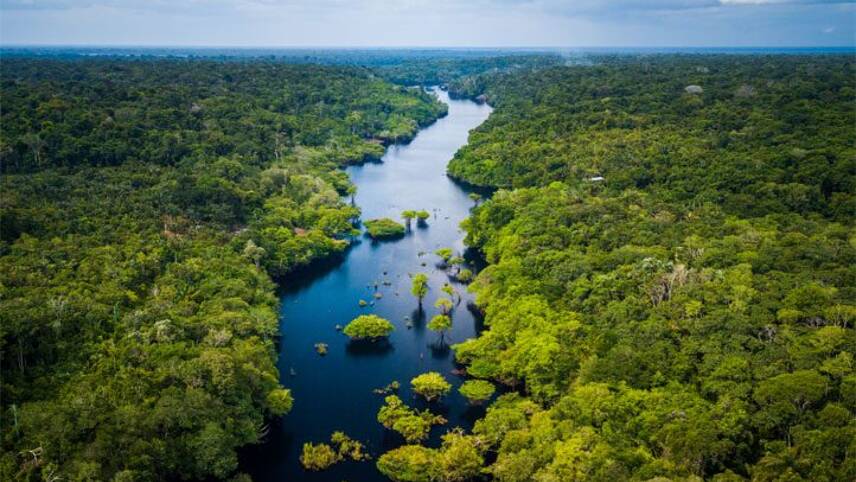Register for free and continue reading
Join our growing army of changemakers and get unlimited access to our premium content

Currently, more than 18,700 companies globally disclosed data on climate change through CDP, but only 8,700 disclosed any information related to biodiversity
New research by CDP has warned that G20 will need to increase policies related to nature-based disclosures if they are to meet the aims of Target 15 of the Global Biodiversity Framework, which was agreed at COP15 last year.
Target 15 requires companies and financial institutions to disclose their risks, dependencies and impacts on biodiversity by 2030 at the latest. However, CDP found that only Brazil, the EU and Indonesia have implemented biodiversity-related disclosure requirements.
“Whilst we have seen significant movement towards widespread mandatory climate-related financial disclosure in recent years, it is disappointing to see the lack of ambition from most G20 policymakers on nature-related disclosure.”, said Pietro Bertazzi, Global Director for Policy Engagement and External Affairs, at CDP.
“Science has left no room for doubt: climate and nature must be tackled together and a lack of action and sufficient data on nature from real economy actors has severe ramifications. This weekend, we urge G20 members to demonstrate leadership on the implementation of Target 15 of the Global Biodiversity Framework by committing to robust policies on nature-related disclosure.”
CDP found that progress on water requirements is slightly further along, but still only 8 G20 members have endorsed such policies.
Currently, more than 18,700 companies globally disclosed data on climate change through CDP, but only 8,700 disclosed any information related to biodiversity.
Calls for mandatory disclosure on nature were backed by more than 400 businesses and financial institutions ahead of COP15.
Last month, a group of former heads of state and diplomats, including Former President of Ireland Mary Robinson and Former UNFCCC secretary Christiana Figueres penned an open letter to environment ministers calling on them to prioritise efforts to increase biodiversity finance.
The group of former heads of state, ministers, diplomats, and scientists has written an open letter through the Campaign for Nature’s Global Steering Committee. The Open Letter calls on environment ministers to confront the ongoing loss of nature by funneling at least $20bn annually into biodiversity solutions by 2025.
Climate conditions
The warning comes just weeks after the Climate Group and the We Mean Business Coalition called on the G20 to adopt credible targets and consistent policies for rapid decarbonisation of the private sector, facilitating a clean transition aligned with 1.5C targets.
Under India’s G20 leadership, the letter urges the G20 to drive a change aligned with the Paris Agreement and responsive to the Global South’s requirements.
The letter proposes several government recommendations, including phasing out unfettered fossil fuels aligned with 1.5°C targets, achieving power grid decarbonisation by 2035 in advanced economies and 2040 in emerging nations, and creating clear plans for hard-to-decarbonise sectors like steel and concrete.
In a recent announcement, the Indian Government announced a new “green hydrogen” standard, while unveiling a $7bn electric bus scheme to reduce transport emissions ahead of its G20 presidency.


Please login or Register to leave a comment.